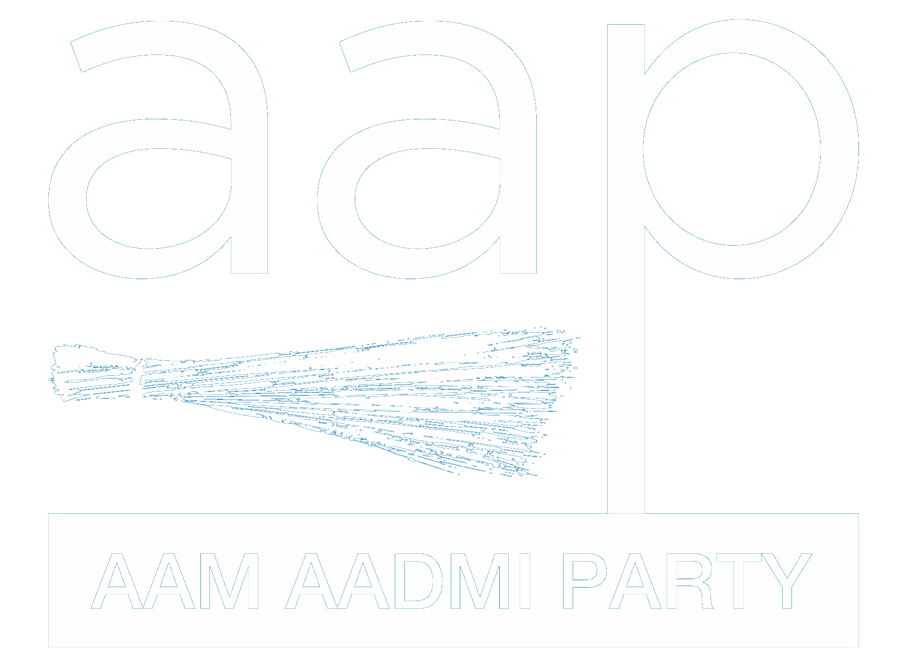New Delhi:
In a significant move aimed at boosting the adoption of electric vehicles (EVs) in the capital, the Kejriwal Government has announced the extension of the Delhi Electric Vehicle Policy 2020. The Delhi EV policy has been extended till 30th June 2024 or until the notification of Delhi EV policy 2.0, whichever is earlier. All current incentives and subsidies remain intact, and any vehicles purchased from 1st January 2024 onwards will be eligible for the benefits under this extension. The decision to extend the policy was taken in today’s Cabinet meeting. Comments and suggestions from various stakeholders are currently being considered for inclusion in the upcoming Delhi EV Policy 2.0.
Transport Minister of Delhi, Shri Kailash Gahlot, stated, “The extension of the Delhi Electric Vehicle Policy underscores our dedication to fostering a sustainable and eco-friendly transport ecosystem in the capital. Under the visionary leadership of Chief Minister Shri Arvind Kejriwal, we are committed to making Delhi a leader in electric mobility at global level.”
The initial Delhi Electric Vehicle Policy was notified on 7th August 2020 for a duration of three years, later extended until 31st December 2023. The government is now in the process of formulating the EV Policy 2.0. A consultation held on 24th May 2023 sought feedback from key stakeholders, including OEMs, businesses, and government departments, as well as the general public.
Since its launch in August 2020, Delhi has witnessed a remarkable surge in EV adoption, with over 1,80,000 EVs registered, predominantly two-wheelers and three-wheelers. The average annual EV penetration has increased from 3% in 2020 to 12% by December 2023, reaching 16% December 2023, the highest monthly EV penetration recorded among any states in India.
Under the policy, the Kejriwal government has disbursed financial incentives totaling over Rs. 179 crores across various e-vehicle segments, with Rs. 64 crores disbursed for two-wheelers, over Rs. 100 crores for three-wheelers. Delhi’s EV sector growth is further bolstered by its expanding charging and swapping infrastructure, a considerable 4500+ public charging points and 1,600+ private charging points facilitated through a single-window system. Additionally, the capital has witnessed significant progress in battery swapping, with approximately 318 swapping stations established.

